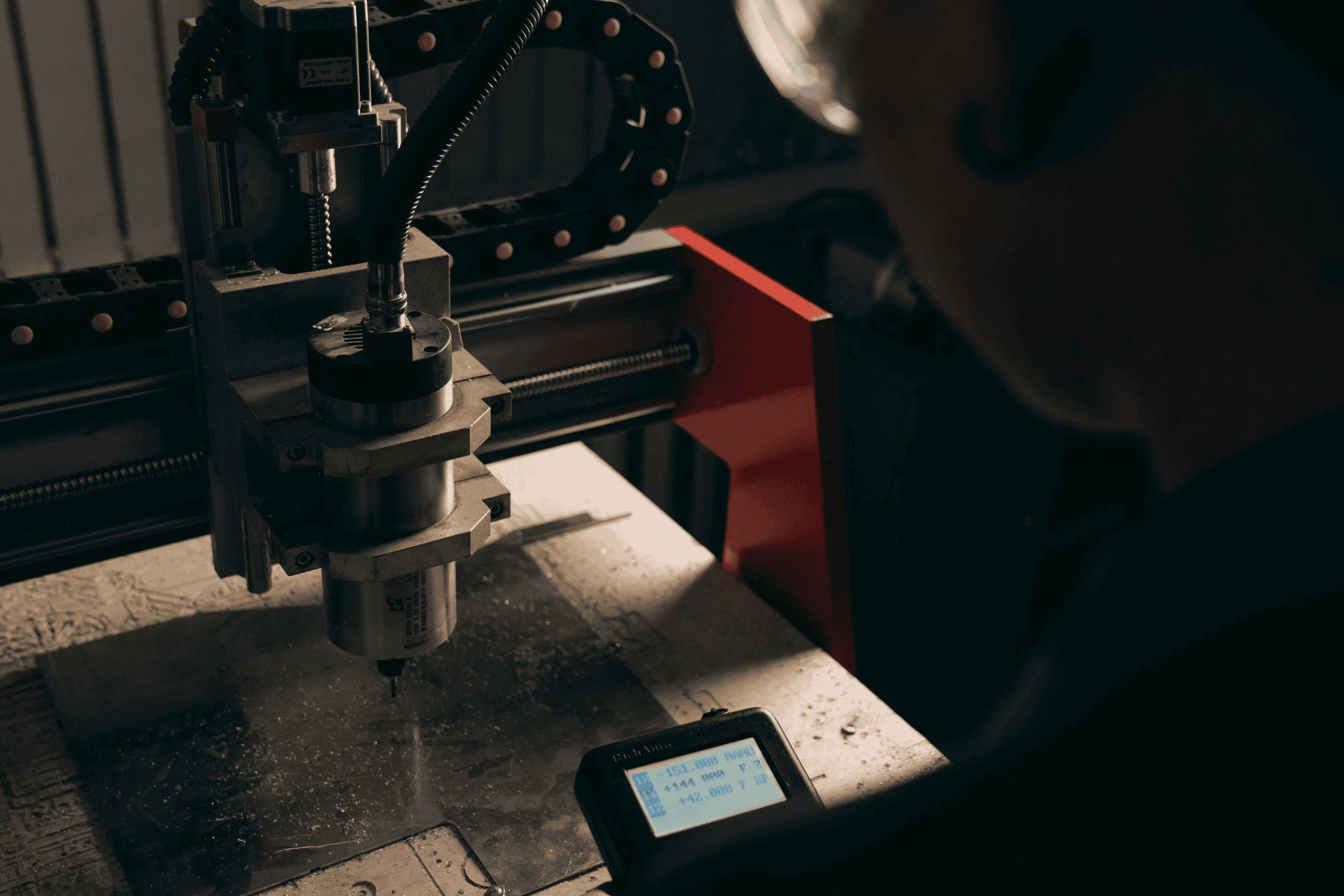Custom Fabrication

Custom metal enclosures protect electronics, power systems, and gear from impact, weather, and contaminants. The best outcomes begin with clarity: what needs protection, where the enclosure lives, and how it mounts. From there, design decisions ripple through every step of metal box fabrication, from alloy choice and thickness to sealing strategy, hardware, and finish. Good drawings balance manufacturability with performance so the box remains strong, serviceable, and consistent across builds.
Aluminum is a go to for weight savings and corrosion resistance, especially in outdoor and mobile environments. Alloys like 5052 and 6061 bend and weld well, with 5052 favored for brake formed boxes and 6061 often used when higher stiffness is needed. Stainless, especially 304 and 316, shines in corrosive or marine settings. Cold rolled steel remains cost effective and takes powder coat beautifully. When planning custom metal box fabrication, match thickness to load and span, keep a single gauge where possible for efficiency, and spec hardware that suits the base metal.
Bend radii and K factor drive consistency. As a rule of thumb for aluminum, aim for an inside bend radius near material thickness and design adequate bend relief to prevent tearing. Keep holes and cutouts a safe distance from bends, and align tabs and slots for easy assembly. Typical sheet metal tolerances range from plus or minus fifteen thousandths for brake formed parts to tighter figures for laser cut features. Plan flat patterns with correct grain direction and reliefs so the final box lands within spec.
Ingress control depends on gasket selection and thoughtful joint design. For NEMA or IP style performance, use continuous flange contact, compression stops, and closed cell silicone or neoprene gaskets. Consider cable glands, drip edges, and weep holes where appropriate. Electronics benefit from thermal paths such as bonded heat sinks, direct contact pads, or conductive chassis walls. When electromagnetic interference matters, integrate conductive gaskets, proper grounding, and continuous seams to maintain shielding integrity.
Precision cutting sets the stage. CNC laser and waterjet deliver crisp edges and tight dimensional control for panels, vents, and louver patterns. Press brake forming turns flats into structure; consistent tooling, back gauge strategy, and bend sequence prevent twist and stack up. TIG welding excels in aluminum custom fabrication, producing clean, controllable beads and minimal distortion when joint prep is right. For steel, MIG can speed production while maintaining strength.
Hardware and assembly choices lock in serviceability. PEM style fasteners, clinch studs, hinges, and quarter turn latches create repeatable closures. Interior mounting plates isolate electronics from heat and vibration. Finish selection seals performance and appearance. Powder coat provides durable color and corrosion resistance on steel and aluminum. Anodizing hardens aluminum surfaces and can support conductive finishes for EMI control. Alodine and e coat are useful pretreatments where added corrosion protection is required.
Inspection protects the promise. Use fixture checks for flatness and squareness, verify gasket compression, and test latches for repeatable closure force. If a target rating is required, water spray, dust exposure, or pressure tests help confirm sealing. Documenting each step makes future runs predictable and shortens lead times.
Speed to proof matters. A well planned prototype confirms clearances, hinge swing, and cable routing before committing to production. Apply design for manufacturing principles early: unify material thickness, avoid unnecessary welds, keep cutout radii friendly to tooling, and label panels for simple assembly. When teams search for custom aluminum box fabrication near me, the real priority is dependable communication, engineering feedback, and steady supply.
If you need a partner who can collaborate on drawings, produce one off samples, and scale to small batch runs, OZK Customs can help. Our team offers custom fabrication work that includes design support, brake forming, TIG welding, hardware installation, and finishing. Explore our fabrication services to see how CNC cutting, precision forming, and finishing come together for durable enclosures. For a deeper look at our approach to communication, timelines, and quality, visit why choose OZK Customs.
Whether the requirement is light, corrosion resistant aluminum custom fabrication or a rugged steel cabinet, we build to your drawings and help refine details that reduce risk. Share your dimensions, target rating, and finish, and we will align the build path to meet your timeline. When performance, appearance, and repeatability all matter, the right partner keeps the process smooth from CAD to crate.
We're happy to talk specs, fitment, or just bounce ideas around.
Ready to turn a sketch into a sealed, finished enclosure built for the real world? Send us your dimensions and use case. OZK Customs engineers, fabricates, and finishes tight tolerance metal boxes in Fayetteville, Arkansas with fast communication and clear pricing. Tell us what you need and we will map the build, materials, and finish that fit your timeline and budget.
ADDRESS:
6159 E Huntsville Rd, Fayetteville, AR 72701
PHONE:
(479) 326-9200
EMAIL:
info@ozkvans.com